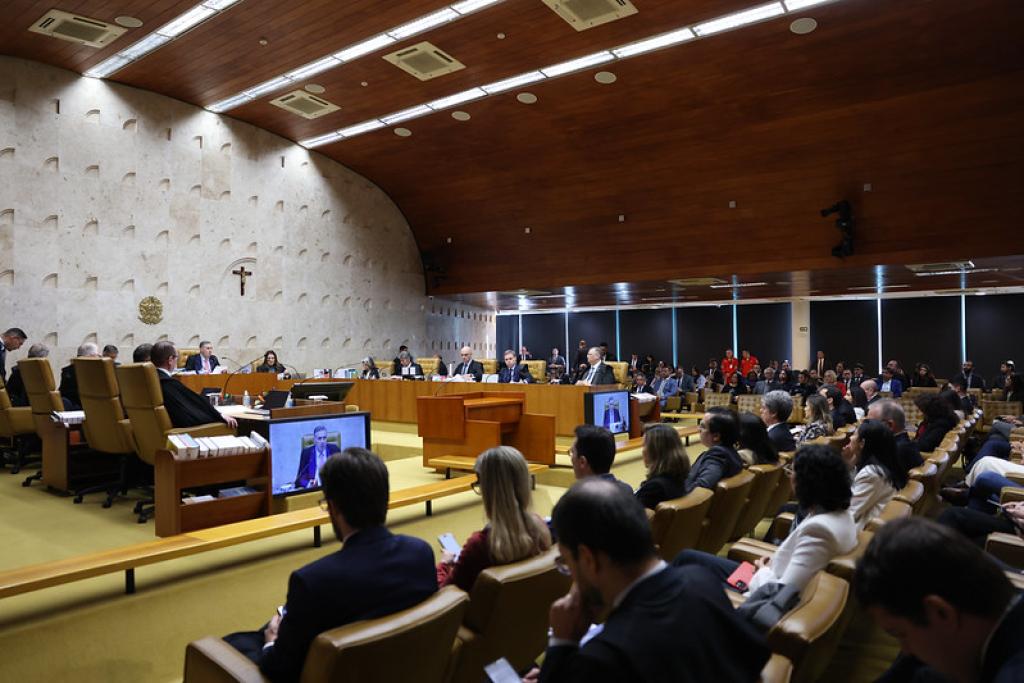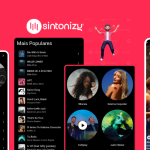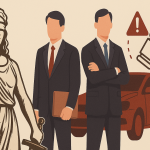In a historic and controversial decision, the Brazilian Supreme Court (STF) changed the criteria for holding digital platforms liable for content published by third parties. The new interpretation was defined this Thursday (26), with direct impacts on users, technology companies and freedom of expression itself in Brazil.
While many celebrate the progress in combating misinformation and online crimes, others warn of the risk of censorship, excessive judicialization and loopholes for arbitrary actions. After all, what actually changes with the decision? What does this mean for your use of social media? And what are the risks and benefits of this change?
📜 What has changed in the Brazilian Civil Rights Framework for the Internet?
The Brazilian Supreme Court declared partially unconstitutional article 19 of the Brazilian Civil Rights Framework for the Internet (Law 12,965/2014), which protected platforms from civil liability if there was no court order to remove content.
From now on:
Platforms may be held civilly liable if they fail to remove offensive content, even after simple extrajudicial notification;
In cases of serious crimes (such as terrorism, racism, suicide advocacy or crimes against children and women), liability does not depend on a court order if the company fails to act immediately;
Social networks must create internal self-regulation systems, with accessible reporting channels, transparency reports and preventive measures against illegal content.
⚖️ And how does this affect Brazilians?
✅ Positive impacts:
More protection against cybercrimes: People who are victims of hate speech, slander, racism or threats will have faster means to contact the platforms and demand the removal of the content.
Less impunity: Platforms that fail to act in the face of dangerous or criminal content may be held liable in court.
More transparency: Platforms must publicly disclose how they deal with reports, boosts and algorithms.
❌ Negative impacts:
Risk of preventive censorship: Without the need for a court order to remove content, companies may act overzealously and delete legitimate publications for fear of legal sanctions.
Restrictions on freedom of expression: Fear of lawsuits may inhibit political or critical debates, especially on controversial topics.
Greater burden for small platforms: Startups and smaller companies will have to face more costs and bureaucracy to adapt to the new legal requirement.
🧩 Real cases that gave rise to the debate
Two lawsuits were used as a basis:
In the first, Facebook was convicted of maintaining a fake profile that caused moral damages — and the STF upheld the conviction.
In the second, Google was initially convicted for an offensive community on the now-defunct Orkut. The STF overturned the decision, considering that the platform was not responsible in this specific case.
These judgments show the fine line between allowing free expression and punishing abuses.
🔍 What do the ministers say?
The president of the STF, Luís Roberto Barroso, highlighted that the change seeks to protect democracy and fundamental rights in the face of the growth of disinformation. Ministers André Mendonça, Nunes Marques and Edson Fachin defended the maintenance of the previous model, which requires a court order for accountability.
🧠 Reflection: freedom or control?
For ordinary citizens, the STF decision directly affects everyday life on social media. On the one hand, the measure can help combat fake profiles, fake news and hate crimes more quickly. On the other hand, it requires more attention to what is published, shared and promoted.
The self-regulation required of platforms also opens up room for future discussions: Who defines what is offensive? How can impartiality be guaranteed in moderation systems? And who monitors the performance of the platforms themselves?
🇧🇷 And the impact for Brazil?
Positively, the decision positions Brazil at the forefront of digital regulation in the world, by seeking accountability without relying exclusively on court decisions. On the other hand, the legislative vacuum leaves everything in the hands of judicial interpretation, since Congress has not yet updated the Internet Civil Rights Framework.
In the meantime, users should be careful: what is published online now may have more serious and immediate legal consequences.
📣 DFATOS continues to monitor the developments of the decision and the impacts for users, companies and Brazilian digital society. We want to hear your opinion: freedom of expression or necessary regulation?
 Português
Português







